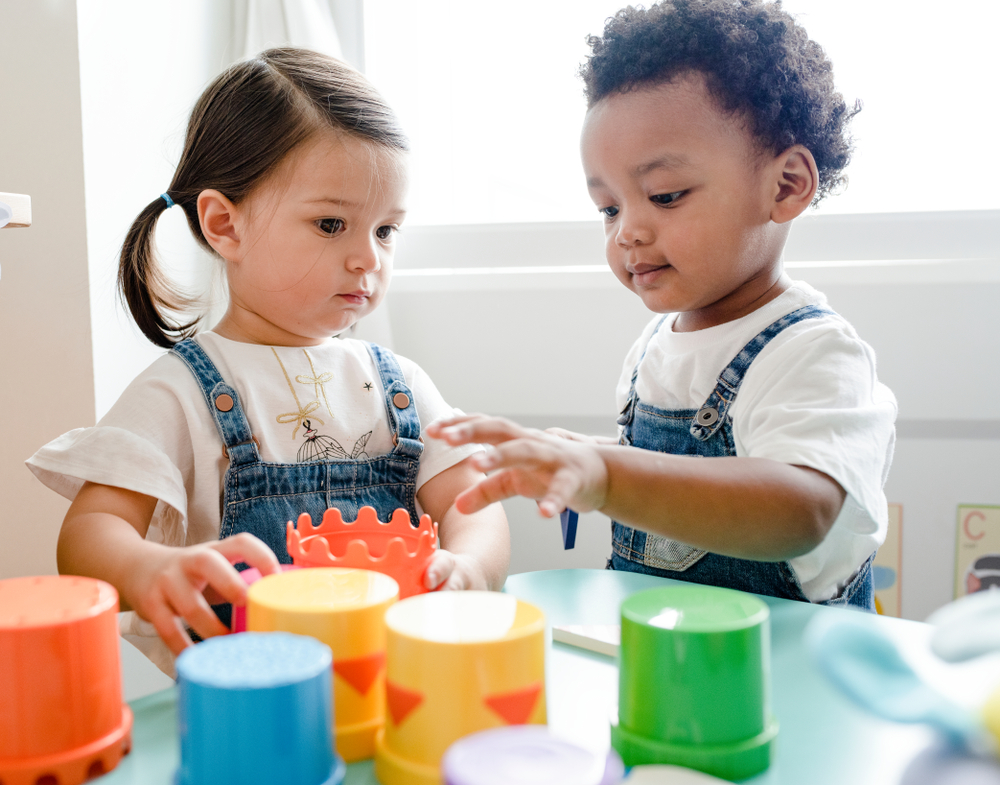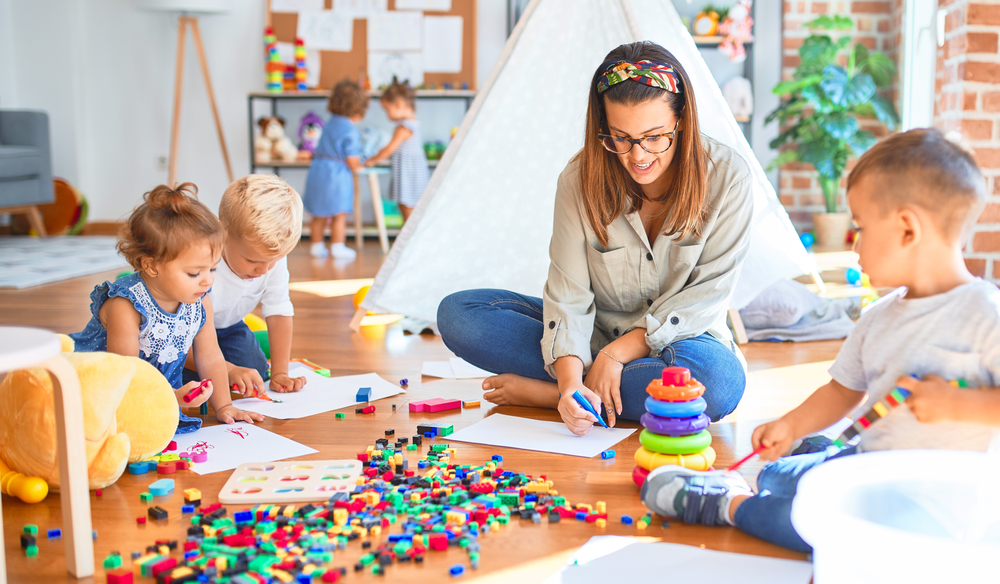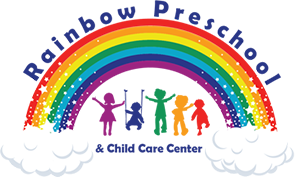
Although there is a notion that it is for cognitive development alone, nursery programs offer a lot more benefits than this. The holistic approach that schools provide makes toddlers busy, happy, and learning various interests. The question at what age is a nursery more beneficial to them?
If we consider the practices in most states, the nursery is fitting for two to three-year-old kids. Usually, nursery takes place before preschool and pre-K. The latter serves as a prelude to kindergarten, which is compulsory for five-year-old kids in many states.
On the other hand, a nursery program for two-year-old toddlers is not only about practice. It also offers benefits like the following:
- The interactions in the nursery boost the social skills of young children.
Compared to staying at home, a toddler can interact with other kids and care providers. They can also enjoy various fun-filled activities, which are considered play-based learning. With these alone, each nursery pupil improves their communication and social skills. Moreover, these promote their self-esteem to be comfortable with others and have a sense of independence.
The guidance of childcare and early childhood educators also empowers kids to learn reading, writing and doing several activities that expand their skills in communication.
- The nursery offers opportunities for children to explore more things and acquire sets or skills.

The curiosity of kids knows no bounds, and it is good to tap to encourage their learners. However, some adults are cautious because curious kids may also translate to scenes like pushing colorful bases or chewing glossy wrappers.
In the nursery, a teacher guide allows learning exploration. It makes kids develop their creative and problem-solving capabilities. Additionally, it could be a way to unleash their gifts and talents.
According to a study of the London School of Economics and Oxford University, which involved 800 German mothers, the art activities in the nursery like painting and singing are beneficial to dexterity. Because of different activities, most of the two to three-year-old nursery students develop various skills.
- Parents discover more about their children with the help of a nursery program.
Many parents today cannot simply choose to stay at home full time. Hence, they need support in taking care of the progress of their children. Nursery makes sense since learning and care providers in this program are experts on early childhood development. These professionals can help to understand the abilities and possibly, even the learning disabilities of young children.
Practically, it takes a medical expert to diagnose if there is a learning disability in a child. But still, it helps that parents have a partner or community to discover any problems that may be hard for them to detect. Some examples of learning disabilities are dyslexia, poor eyesight, speech problem, or attention-deficit/hyperactivity disorder (ADHD). Moreover, addressing learning disabilities is manageable if there are awareness and collaborative effort among caring adults around a child.
Lastly, some developments usually happen during this period. For example, toddlers start uttering two to three words to express a message or recognizing familiar people around them. It is valuable to check and provide support for this progress. It is also equally important to choose the right preschool for your child’s learning journey.

Recent Comments